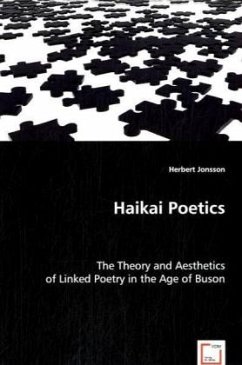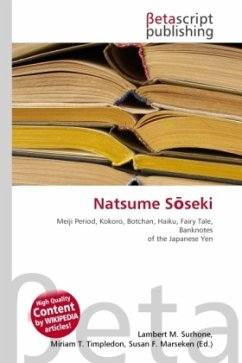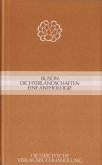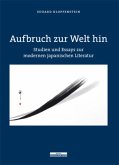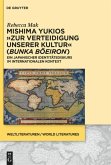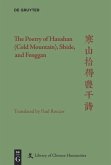The spirit of haikai has always been subversive. In poetryhaikai began as an underground movement, motivated by a desire toexplore the forbidden, to ridicule the established, and to teardown dogmatic rules and conventions. At times it has been humorousand witty; full of parody and word-play, but at times it has becomea serious search for ever new ways to understand our existence; astruggle to overcome the limitations imposed on us by tradition andhabits. Unfortunately, popular belief as well as much seriousscholarship has it that haikai is rule-bound, conservative, andstuck in tradition. Japanese culture is all too often supposed tobe backward-looking and reverent of the past. One important aim ofthis study is to challenge such views, to show their shortcomingsand replace them by more fruitful descriptions. Its main focus ison a number of theoretical works written in the eighteenth centuryand makes a detailed discussion of the poetics developed in these.It is a study which may beof interest for those looking for a newand fresh approach to this kind of poetry, an approach which at thesame time comes closer to the original haikai spirit.
Bitte wählen Sie Ihr Anliegen aus.
Rechnungen
Retourenschein anfordern
Bestellstatus
Storno

